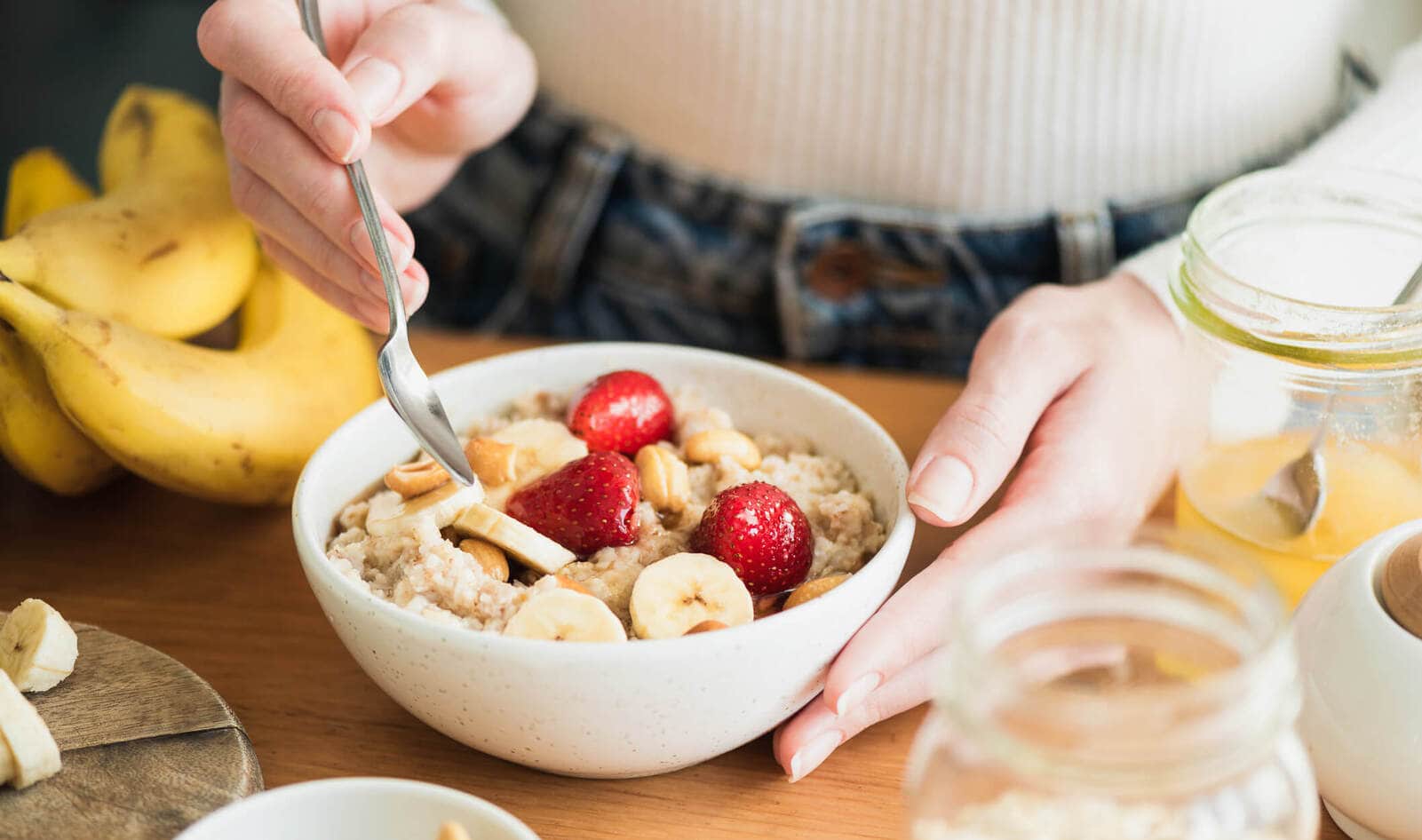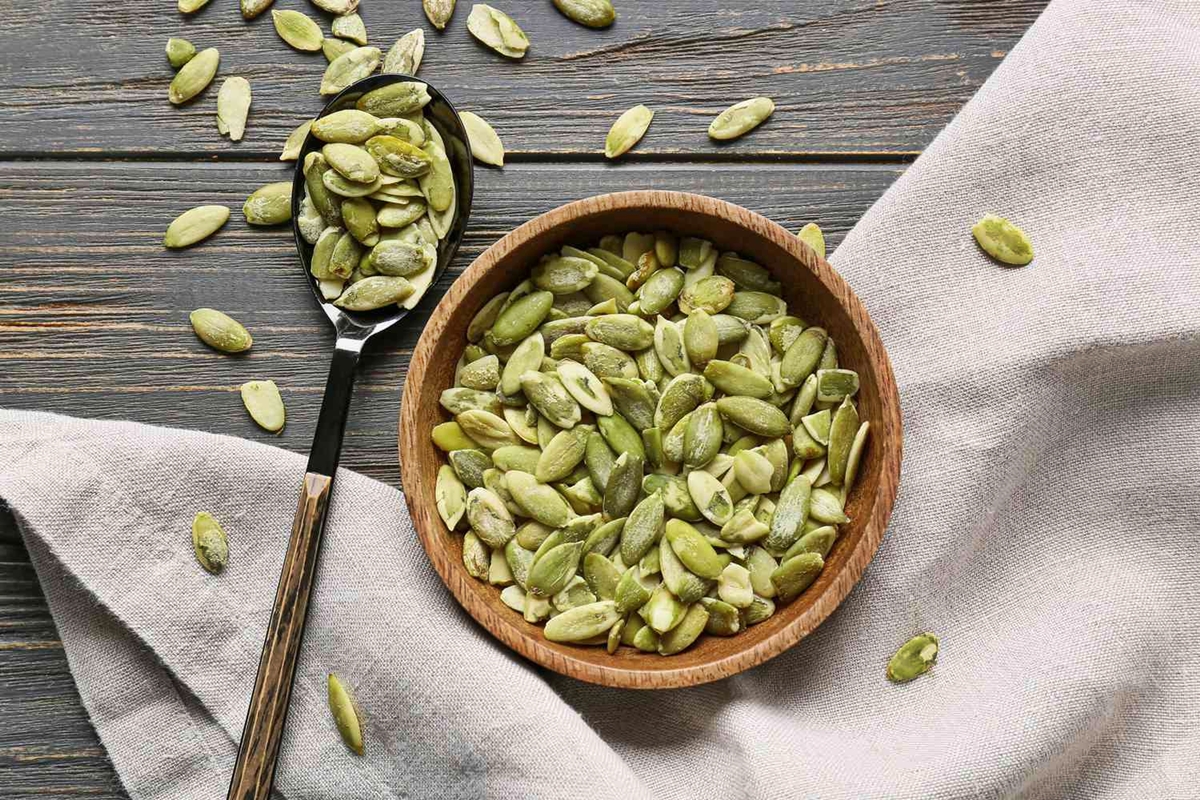Is Bread Healthy?
When it comes to bread, opinions are often divided. Some people swear by it as a staple in their diet, while others avoid it like the plague. So, is bread healthy? Let’s delve deeper into this popular food item and separate fact from fiction.
The Nutritional Value of Bread
Bread has been a dietary staple for centuries. It provides us with carbohydrates, which are an essential source of energy for our body and brain. Bread also contains important nutrients such as:
- Fiber: Whole grain breads are a great source of dietary fiber, which aids in digestion and helps maintain a healthy gut.
- Vitamins and Minerals: Depending on the type of bread, you can find several essential vitamins and minerals, including B vitamins, iron, and selenium.
- Protein: Although not as high in protein as other foods, bread still contributes to our daily protein intake.
It is important to note that bread can vary in nutritional value depending on the ingredients used. Whole grain and whole wheat breads are generally considered healthier choices due to their higher fiber content and lower glycemic index.
The Role of Bread in a Balanced Diet
Like any food, moderation is key when it comes to bread. Including bread in a balanced diet can be part of a healthy lifestyle. Here are a few things to consider:
- Portion Size: Pay attention to portion sizes when enjoying bread. One slice or serving is usually sufficient.
- Types of Bread: Choose whole grain or whole wheat bread over refined white bread. These options tend to be more nutrient-dense and provide additional health benefits.
- Pairing with Nutrient-rich Foods: Use bread as a vehicle to include other nutrient-rich ingredients in your diet. Add lean proteins, vegetables, and healthy fats to make a well-rounded meal.
- Individual Dietary Needs: Consider your own dietary needs and any potential food sensitivities or allergies. Some individuals may need to avoid bread due to intolerances or specific dietary restrictions.
Common Misconceptions about Bread
Before deciding to eliminate bread from your diet, it’s important to address a few common misconceptions:
- Bread Causes Weight Gain: Contrary to popular belief, bread itself does not cause weight gain. Excessive consumption of high-calorie, processed bread products or a lack of physical activity are more likely contributors to weight gain.
- Bread Is Unhealthy for Everyone: While individuals with certain health conditions, such as celiac disease or gluten sensitivity, need to avoid bread, it does not mean bread is unhealthy for everyone. Many people can enjoy bread as part of a well-balanced diet.
- Bread Is Completely Nutrient-deficient: While some bread varieties lack nutritional value, such as highly processed white bread, there are countless options available that offer important nutrients and can be part of a healthy eating plan.
The Bottom Line
So, is bread healthy? It depends on the type of bread and how it fits into your overall diet. Opting for whole grain or whole wheat bread and practicing portion control can make bread a nutritious part of a balanced eating plan. As with any food, it’s essential to consider your individual dietary needs and consult with a healthcare professional if you have specific concerns or conditions.
Remember, bread can be enjoyed in moderation, and there is no need to fear it as long as it aligns with your overall health goals and preferences.
Was this page helpful?
Read Next: Top 10 Low-Sugar Snacks











